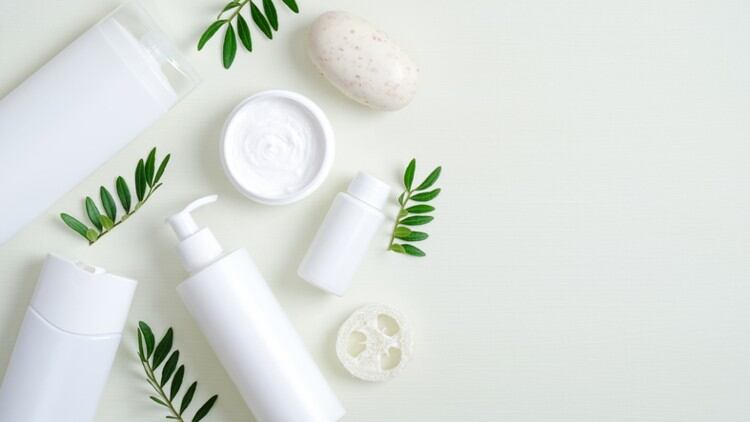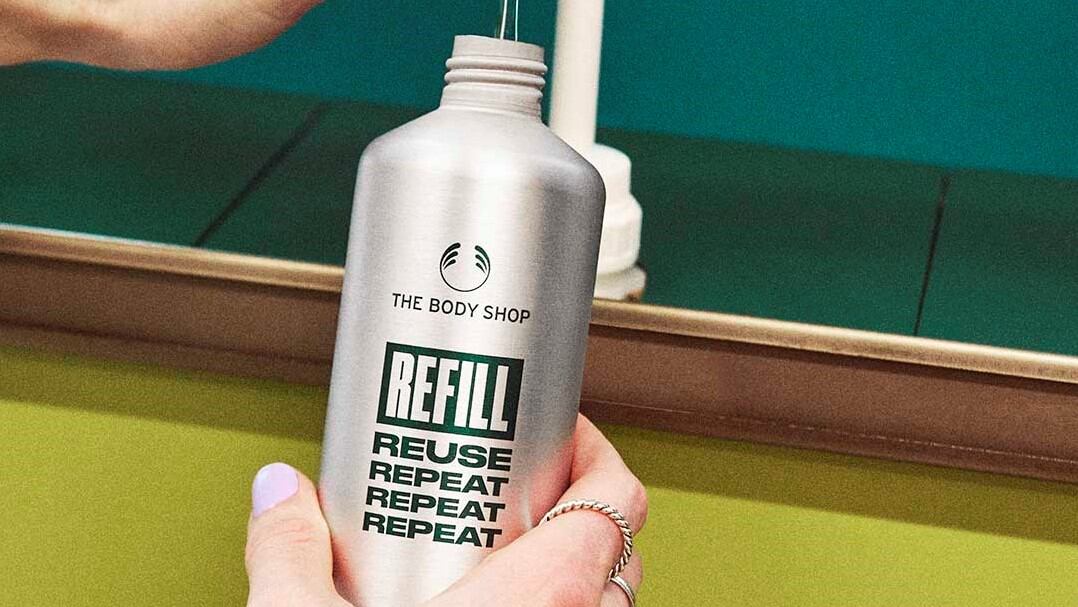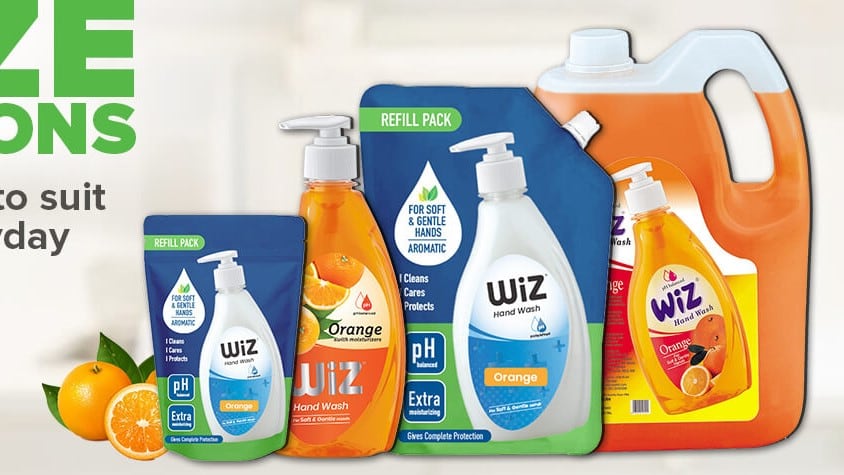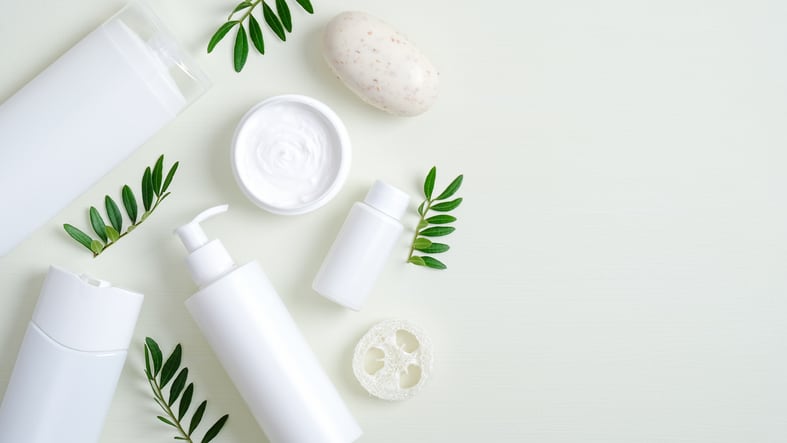The South Korean Ministry of Food and Drug Safety and the Ministry of Environment have published a joint statement stating that consumers will be able refill four types of personal care products by refill – shampoo, conditioner, body wash, and liquid soap.
Sales of refills are expected to be able to be purchased at 30% to 50% lower prices, said the report.
Furthermore, the ministries have drawn up plans to support the growth of cosmetic refill services.
The Ministry of Food and Drug Safety (MFDS) said it would pilot the operation of refills stores without the need of a customised cosmetics dispensing manager and allow consumers to refill products on their own.
According to the report, a total of seven stores would be participating in this pilot program, including an Innisfree store in the Gangnam district.
In addition, MFDS is planning to conduct a pilot operation so that employees who have been educated and trained at refill stores can take the place of the customised cosmetics dispensing managers.
This operation will be carried out for two years under a regulatory sandbox of the Ministry of Industry. A regulatory sandbox is a system that grants special cases to market launches and tests by exempting or deferring current regulations under certain conditions.
On the other hand, the Ministry of Environment (MoE) will plan out guidelines on the production of standard containers for manufacturers. The ministry said it would distribute these guidelines by this year.
Standard containers made in accordance with the guidelines will be distributed on a trial basis to small and medium-sized cosmetic businesses that may have difficulty procuring usable containers.
The guidelines will be put in place to tackle consumer hygiene and safety problems that may arise from repeated washing and reusing packaging containers.
Additionally, it would outline the process of making containers with eco-friendly materials and structures that are easy to recycle.
Starting from the second half of the year, the ministries said it would form a team to examine the progress of cosmetic refill services and prepare a set of international standards.
South Korea has been an active member of the International Cosmetics Regulation (ICCR) since last year and plans to play a leading role in establishing international standards for refill stores.
The sales of product refills follow a revision of South Korea’s Cosmetics Act, which implemented custom cosmetics regulations – the world's first legislation of its kind – on March 14 last year.
The revision in the local law has allowed producers to provide customised cosmetics – products made on the spot a beauty stores by mixing ingredients based on personal preference.
As of June 2021, there are currently 10 stores that offer refills out of 150 stores that sell custom cosmetics, said the report.
This included stores owned by K-beauty giants Amorepacific and L&G Household and Healthcare, as well as smaller brands such as Aromatica.





